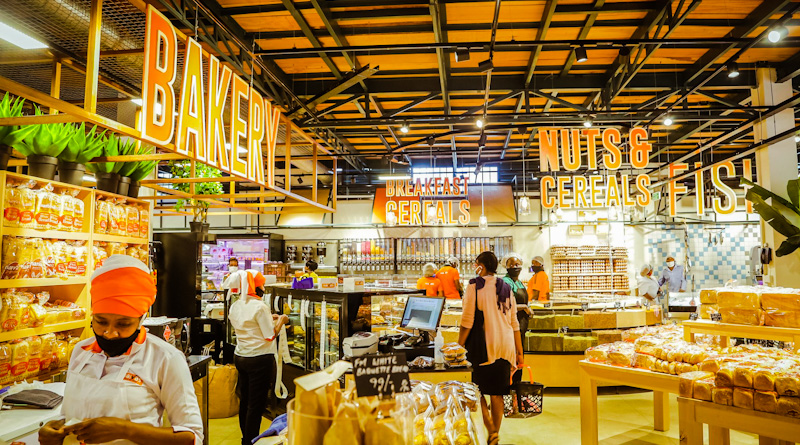Kenya’s retail market outlook remains neutral due to a complex interplay of positive and negative factors according to Kenya Retail Report 2024.
Positive factors expected to drive increased demand for retail space include Nairobi’s growing reputation as a shopping destination, improving infrastructure, a rising middle class, and expansion efforts by both local and international retailers.
Conversely, negative factors likely to constrain demand and hinder retail space uptake include a significant oversupply of retail space in key regions, the rapid growth of e-commerce, declining consumer spending power, and political instability.
According to Cytonn Investments, Kenya’s retail landscape underwent a significant transformation in 2024, marked by aggressive expansion strategies from both local and international retailers.
Naivas, Quick Mart, and Carrefour led the charge, opening new stores in key locations. Notably, China Square and Panda Mart entered the market, while Jaza Store expanded its footprint.
While Nairobi, Kisumu, and Uasin Gishu remain oversupplied with retail space by 3.6 mn SQFT, 0.2 mn SQFT, and 0.1 mn SQFT, respectively, regions like Kiambu, Mt. Kenya, Mombasa, and Kajiado offer growth opportunities.
“The current oversupply of retail space of approximately 3.6 mn SQFT in the NMA and 1.9 mn SQFT in the broader Kenyan retail sector is expected to dampen the optimal uptake of physical retail space in the market,” part of the report states.
The shift towards convenience centres is evident as developers adapt to changing consumer preferences.
Destination Malls Lead in Rental Yields
According to the report, destination malls outperformed other retail property classes in 2024, achieving the highest average rental yield of 9.6%. destination malls commanded premium rental rates of Kshs 305 per square foot, significantly surpassing the market average of Kshs 185 per square foot.
Their strong performance is attributed to high-quality spaces, superior amenities, and the presence of international retailers.
Community malls followed with an average rental yield of 8.2%, slightly exceeding the market average. While rental rates of Kshs 184 per square foot were in line with the market, occupancy rates of 81.6% outperformed the overall average of 79.7%.
Neighbourhood malls recorded the lowest average rental yield of 7.2%, below the market average. This was primarily due to lower rental rates of Kshs 152 per square foot compared to the market standard.





